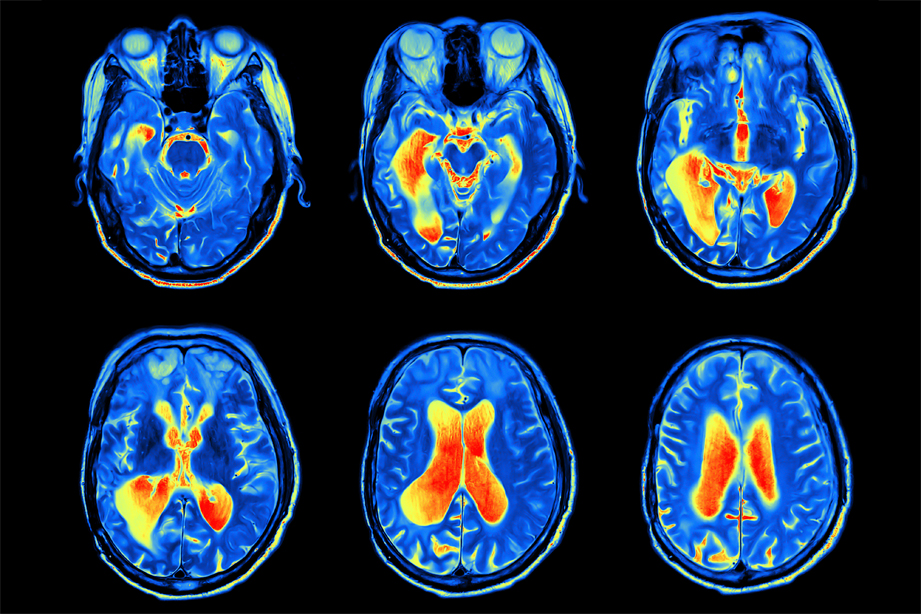Challenge There is a lot of academic writing on the challenges faced by children and youth with Autism Spectrum Disorder (ASD), however, much of what’s known is based on parent report or researchers’ observations. We know very little about the lived experiences of youth with ASD, from their own perspectives. ‘Giving voice’ (including to those [...]
ASD Pathways
Nicolas Turgeon-Morin2025-01-09T13:05:53-08:00Challenge While there has been little research done about the transition to adulthood in people with autism spectrum disorder (ASD), there has also been increasing concern from parents and policymakers about the poor adult outcomes associated with ASD. However, research on children with ASD can now lead to a study of adults. Project Summary In [...]
The ASD Demonstration Project: Neuroimaging and Function
Nicolas Turgeon-Morin2023-10-19T10:47:48-08:00Challenge Right now, autism spectrum disorder is diagnosed based on behaviours and developmental delays, not neurobiological markers. If we knew more about autism’s basis in the brain, this might allow children to get a diagnosis sooner. Project Summary KBHN has played a crucial role in identifying genetic variants associated with ASD as part of its [...]
The ASD Demonstration Project: Next-Generation Genome Sequencing and Identification of Rare DNA Variants
Nicolas Turgeon-Morin2023-10-19T10:48:10-08:00Challenge Autism spectrum disorder often runs in families. For example, identical twins of people with ASD have roughly a 60 percent chance of having it as well while siblings have a 20 percent chance. This statistic points to genetic risk factors. But which gene variants increase susceptibility to ASD? Moreover, how do genes influence the [...]
The ASD Demonstration Project: Clinical Utility Studies
Nicolas Turgeon-Morin2023-10-19T10:48:53-08:00Challenge An autism spectrum disorder diagnosis gives parents and guardians only an idea of what to expect in the years to come. Even when children start with similar abilities and disabilities, they can go on to develop in a wide variety of ways, with different speeds of skill progression and various additional health conditions. Unfortunately, [...]
The ASD Demonstration Project: Identifying Early Behavioural Biomarkers
Nicolas Turgeon-Morin2023-10-19T10:49:22-08:00Challenge Kids in Canada with autism spectrum disorder do not usually receive a diagnosis until the age of four, which is unfortunate given that intervening in early childhood is shown to improve outcomes. Project Summary To help families seize this missed opportunity, researchers involved with the ASD Demonstration Project from KBHN worked to find ASD-related [...]
The ASD Demonstration Project: Sleep: A Comorbidity Across Disorders
Nicolas Turgeon-Morin2023-10-19T10:52:26-08:00Challenge Upward of 90 percent of children with neurodevelopmental disabilities (NDDs) have sleep issues, compared to just a quarter of typically developing children. The toll on their well-being—and their families’ quality of life—can be severe. Project Summary In 2013, ASD investigators affiliated with KBHN teamed up to guide the national research agenda on this issue, [...]
The ASD Demonstration Project: Translation of Genomic Discoveries into Clinical Practice
Nicolas Turgeon-Morin2023-10-19T10:52:46-08:00Challenge A person’s genome could contain useful information about their risk of autism spectrum disorder, but how should genome sequencing be used in diagnosis, genetic counselling and patient management? What treatments and follow-ups should come after what kinds of test results? And how should these very complex and sometimes ambiguous results be conveyed? How can [...]









